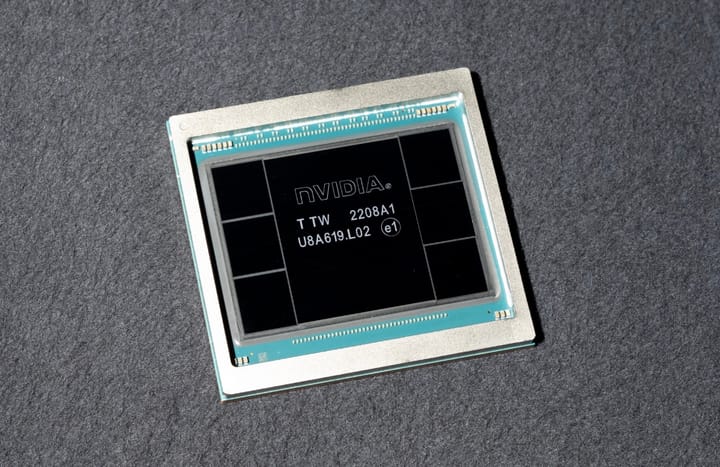Neuralink Reaches $9 Billion Valuation, Marking a New Era in Brain-Computer Interface Technology
Neuralink secures $600 million funding, raising its valuation to $9 billion. Elon Musk’s brain chip startup is set to revolutionize brain-computer interfaces, advancing medical technology and sparking debate on ethics and data privacy.

Investor Trust in Neuralink’s Potential
The latest funding round demonstrates robust belief in the future of brain-computer interface (BCI) technology. Neuralink’s valuation soared from $5 billion in 2023 to $9 billion in 2025, positioning it as an industry leader alongside competitors such as Synchron and Precision Neuroscience (source). This surge underscores the market’s optimism about the impact of advanced BCI solutions.
Breakthroughs in Technology and Human Trials
Neuralink has successfully implanted its chip in human patients, enabling those with paralysis, such as ALS sufferers, to control digital devices using only their minds. The U.S. FDA has granted “breakthrough” status to Neuralink’s device, expediting clinical trials and regulatory processes. However, technical challenges remain, including issues with electrode threads and ethical debates over animal testing.
Medical Applications and Future Vision
While Neuralink’s initial focus targets individuals with severe neurological disorders, the company envisions broader applications, from treating mental health conditions to potential brain augmentation and telepathic communication. Mass-market access is still years away, pending further clinical trials and regulatory approval. Privacy and data security also remain key concerns as development continues.
Opportunities and Challenges Ahead
The transformative potential of Neuralink’s brain chip is enormous, yet the road ahead involves overcoming medical, ethical, and legal hurdles. The scientific community continues to call for transparency, peer-reviewed data, and rigorous long-term studies before widespread adoption.
With significant new funding and accelerated research, Neuralink stands at the forefront of brain-computer interface innovation. Its journey, however, will be defined by the ability to overcome technical, ethical, and regulatory challenges while delivering real-world benefits for humanity.





Comments ()